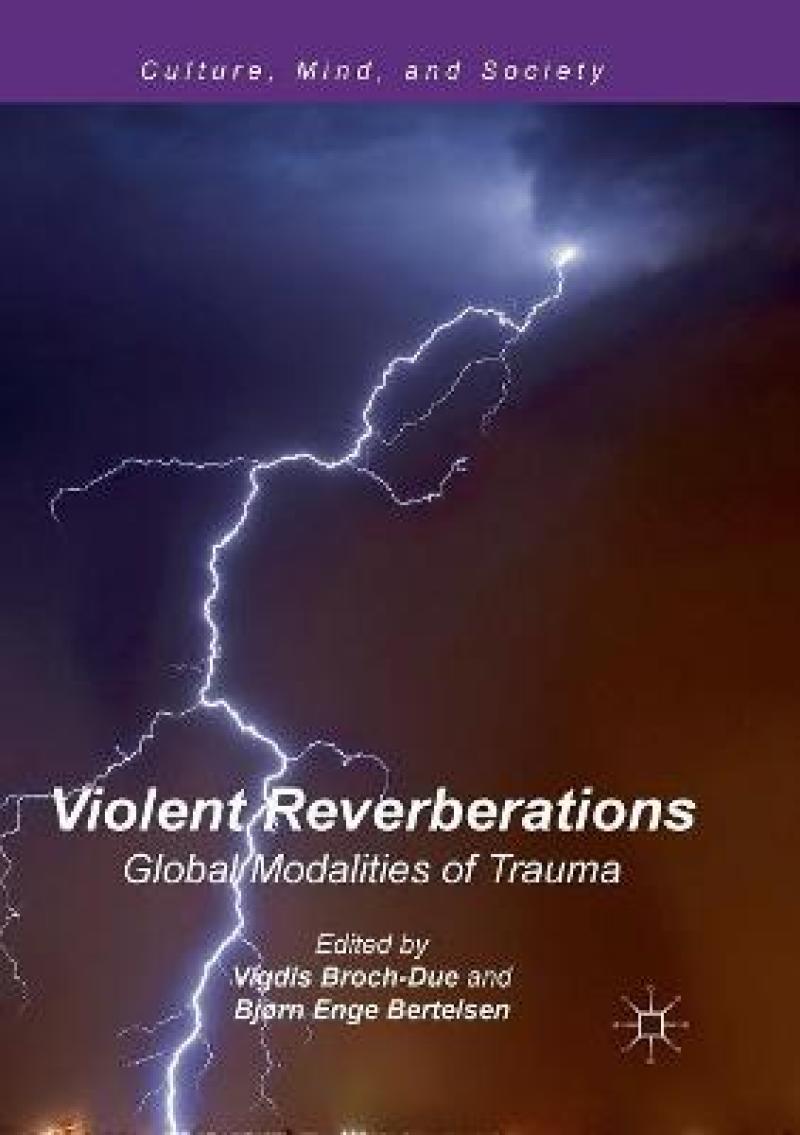“These essays raise the bar for projects on trauma that insist on grounding theory in seriously ethnographic, historical, and contextual case studies. The book engages the best-known writers and research in the arena of trauma and affect studies, and will gather momentum and audience because it so carefully and coherently articulates critiques, complementary case studies, and forward-looking theory.” (Steven Feld, Distinguished Professor Emeritus of Anthropology, University of New Mexico, USA)
“Trauma, a doctrine with global reach, depends on thin descriptions to illustrate its universalizing analytical framework. Grounded in culture-specific particularities, this elegant volume dissects this condition, instead offering thick descriptions of silence, narrative, security, fear, difference, and ritual laughter.” (Sverker Finnström, Associate Professor of Cultural Anthropology, Uppsala University, Sweden)
Produktdetaljer
Biografisk notat
Vigdis Broch-Due is Professor of Social Anthropology at the University of Bergen and Scientific Director at Centre for Advanced Study (CAS), Oslo, Norway. Her research in East-Africa spans 3 decades on the ethnography of poverty, gender and embodiment, cosmology, relations between animals, people and nature, pastoralist development, colonialism, violence and trust formation.Bjørn Enge Bertelsen is Associate Professor of Social Anthropology at the University of Bergen, Norway. He has researched issues such as state formation, violence, poverty and rural-urban connections in Mozambique since 1998 in addition to having had a long-standing interest in theory development within the discipline of anthropology.
